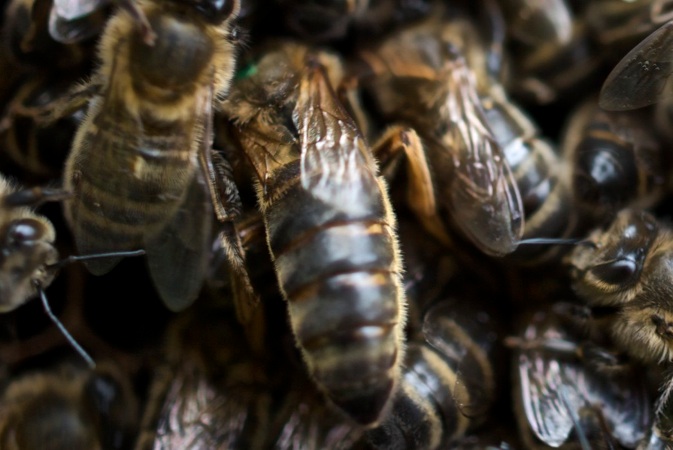NHS news review
Andrew Lansley is promoting the role of ‘mutuals’ in providing services in his proposed NHS ‘reforms’. I understand ‘mutuals’ to mean different structures such as co-operative societies ‘co-ops’ or charities which are not profit making organisations. There are few details as yet but the proposal is not warmly received and may suggest desperation. See the linked Guardian article for more details.
Unions have called an ‘All Together for the NHS day’ on Friday.

A few recent news articles concerning the UK’s Conservative and Liberal-Democrat coalition government – the ConDem’s – brutal attack on the National Health Service.
Cuts to mental health service ‘will put young people at risk’ | News
Hundreds of vulnerable children and teenagers could be hit by £500,000 of cuts to a London health service.
The move follows a squeeze on funding and desperate attempts by the local NHS trust and council to make government-imposed savings. The Unite union today said the proposed cutbacks at Lewisham Child and Adolescent Mental Health Services will be a “real blow” to the families who rely on it.
The savings are a result of funding cuts from a variety of sources including Lewisham Primary Care Trust and Lewisham council.
NHS cuts will lead to further neglect | Society | The Guardian
NHS reform dominates the news. Crowding in behind it are stories about cuts to health services. And, in third place, there are dark descriptions of patient neglect, as reported recently, for example, by the health service ombudsman. Yet it is the second and third of these news items that are the more important.
They affect patient care viscerally, while the reforms constitute a merely ideological and bureaucratic distraction. We read of a single NHS trust shedding hundreds of nurses and beds, but there are many trusts doing the same. Of course, if we believe what we are told, these are simply efficiency savings and patient care will not suffer.
But we know better. We have been here before. From 2005 onward, NHS trusts were cutting with gusto even though, in 2000, the government had stated that 7,000 more beds were required. Instead, by 2010, some 30,000 had gone, on the basis of wishfully thinking that older people, their main occupiers, did not need them.
NHS reforms: Mutuals will give staff ‘right to provide’ | Society | The Guardian
Health secretary Andrew Lansley will invite doctors, nurses and other healthcare staff to take what will be seen as another step towards privatisation, by forming “mutuals” which will contract with the NHS to provide care for patients.
Lansley will announce a “right to provide” for staff right across the NHS. Healthcare professionals in specialised areas, such as eating disorders, alcohol and drug detox, mental health and sexual health, could set up their own organisations with mutual ownership.
These would exist outside the NHS but be contracted to provide care. They will run their own budget, lease NHS equipment and the premises where they provide treatment and decide how to organise care without reference to trust managers.
Health reforms are ‘too far, too fast’ claims doc | Macclesfield Express – menmedia.co.uk
A top doctor has joined a chorus of disapproval over government reforms to the NHS. The proposed changes, which are still going through parliament, will see Primary Care Trusts and Strategic Health Authorities abolished and responsibility for commissioning services passed on to new ‘GP consortia’.
The Express reported earlier this month that the Eastern Cheshire consortium has been named as a ‘pathfinder’, meaning they hope to begin operation well before the April 2013 deadline.
But Adrian Heald, a consultant physician at Macclesfield Hospital and Leighton hospital in Crewe, told a public meeting called to discuss the reforms that he feared it could be too far, too fast.
Milburn adds his voice to growing disquiet on NHS reforms | InPharm
Former Labour health secretary Alan Milburn has come out against the government’s health reforms, adding to the chorus of voices against the reorganisation of the NHS.
The reforms aim at putting GPs in charge of the NHS budget whilst abolishing the current management structure, but Milburn said this is shortsighted given the challenges of finding £20 billion in efficiency savings by 2015.
“There’s a chasm between the cost of making change and the cash available for it,” he said in an article for The Guardian.
All together for the NHS – PCS Comment – PCS
This Friday will see thousands of people unite in support for ‘All Together for the NHS day’ to raise awareness about what is happening to the NHS and to oppose the government’s controversial plans to shake up the system.
These plans – set out in the Health and Social Care Bill currently going through Parliament have already been criticised by NHS staff, economists, charities, and patients for being ill thought through, undemocratic, and likely to leave patients vulnerable and at risk.
Friday will see campaigners raising awareness of these changes by visiting MPs in constituencies, workplace meetings, open public meetings and other local activities.
UNISON Press | Press Releases Front Page
UNISON members are piling the pressure on local MPs over the disastrous consequences for the NHS, if the Government ploughs ahead with its Health and Social Care Bill.
On April 1, right across the country, members will be lobbying their local constituency offices and holding workplace demos/lunchtime meetings and rallies to make their opposition heard.
The Bill has attracted widespread resistance from doctors, nurses, health professionals and NHS staff. Patients, charities and unions are lining up against it and poll after poll shows that the public clearly thinks it is bad news for the health service. The Bill is also causing concern among Lib Dem MPs and even some Tories are starting to openly express doubts about it.

